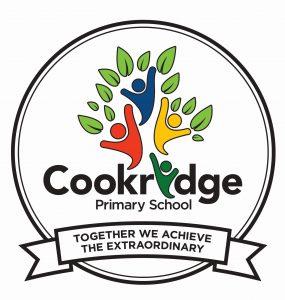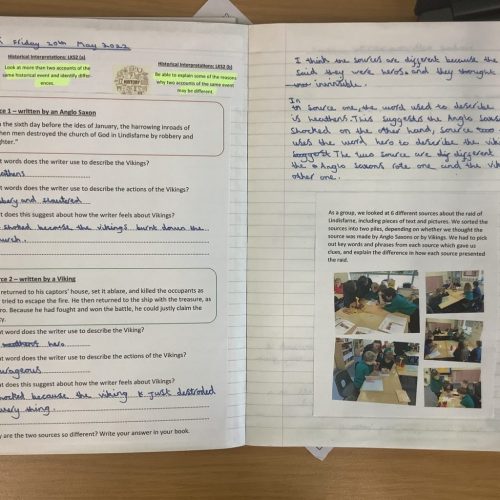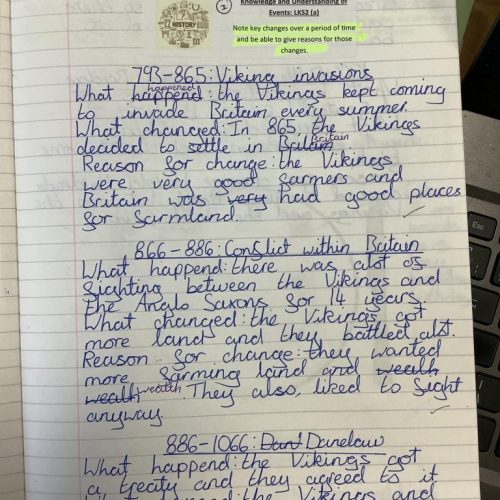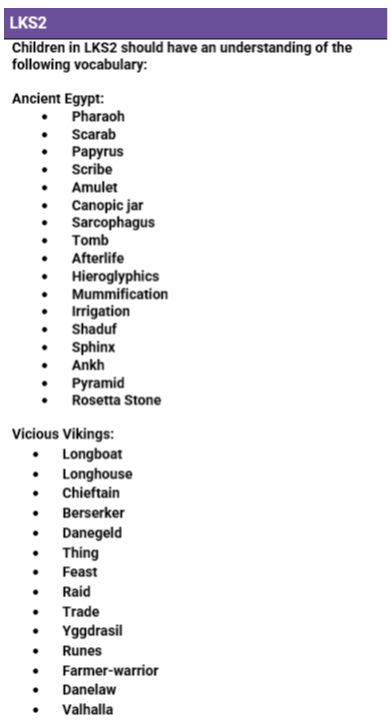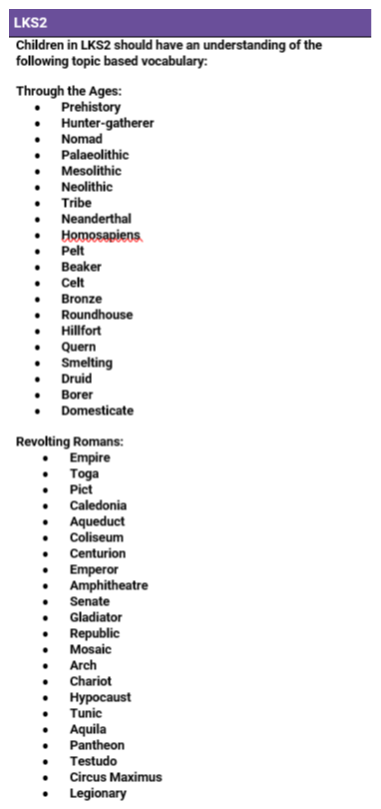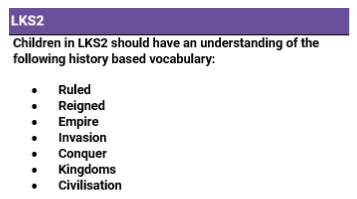| Children can: | |
| a | Look at more than two accounts of the same historical event and identify differences. |
| b | Be able to explain some of the reasons why two accounts of the same event may be different. |
Year 3 – History
YEAR 3 - Examples of 'Expected' in the core skill of - Historical Interpretations
Historical Interpretations - Core Skills
YEAR 3 - Examples of 'Expected' in the core skill of - Historical Investigations
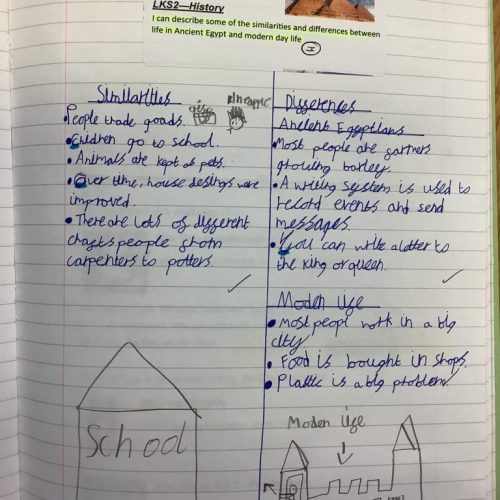
Historical Investigations - Core Skills
| Children can: | |
| Plan: | |
| a | Use a range of primary and secondary sources to find out about the past. |
| b | Construct informed responses about one aspect of life or a key event in the past through careful selection and organisation of relevant historical information. |
| c | Regularly address and sometimes devise own questions to find answers about the past. |
| d | Begin to undertake their own research. |
YEAR 3 - Examples of 'Expected' in the core skill of - Chronological Understanding
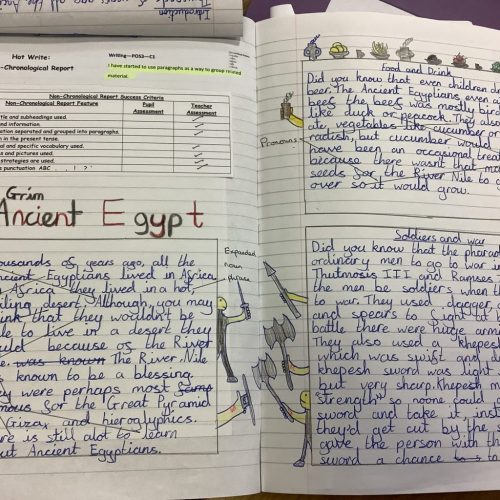
Chronological Understanding - Core Skills
| Children can: | |
| a | Sequence several events, artefacts or historical figures on a timeline using dates, including those that are sometimes further apart, and terms related to the unit being studied and passing of time. |
| b | Understand that a timeline can be divided into BCE (Before Common Era) and CE (Common Era) |
YEAR 3 - Examples of 'Expected' in the core skill of - Knowledge and Understanding of Events, People and Changes in the Past
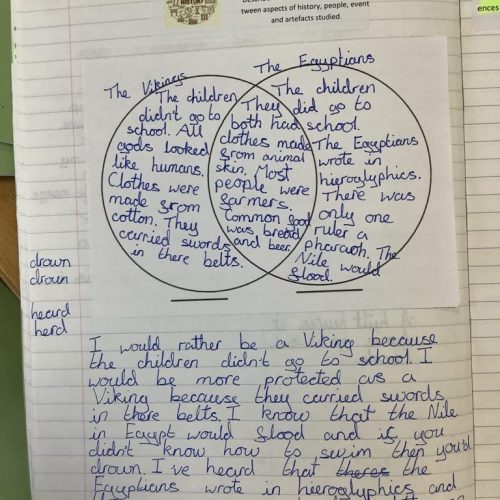
Knowledge and Understanding of Events, People and Changes in the Past - Core Skills
| Children can: | |
| a | Identify and note connections, contrasts and trends over time in the everyday lives of people. |
| b | Use appropriate historical terms such as culture, religious, social, economic and political when describing the past. |
| c | Examine causes and results of great events and the impact these had on people. |
YEAR 3 - Examples of 'Expected' in the core skill of - Presenting, Organising and Communicating
Presenting, Organising and Communicating - Core Skills
| Children can: | |
| a | Know and show a good understanding of historical vocabulary including abstract terms such as democracy, civilisation, social, political, economic, cultural, religious. |
| b | Present, communicate and organise ideas about from the past using detailed discussions and debates and different genres of writing such as myths, instructions, accounts, diaries, letters, information/travel guides, posters, news reports. |
| c | Plan and present a self-directed project or research about the studied period. |
